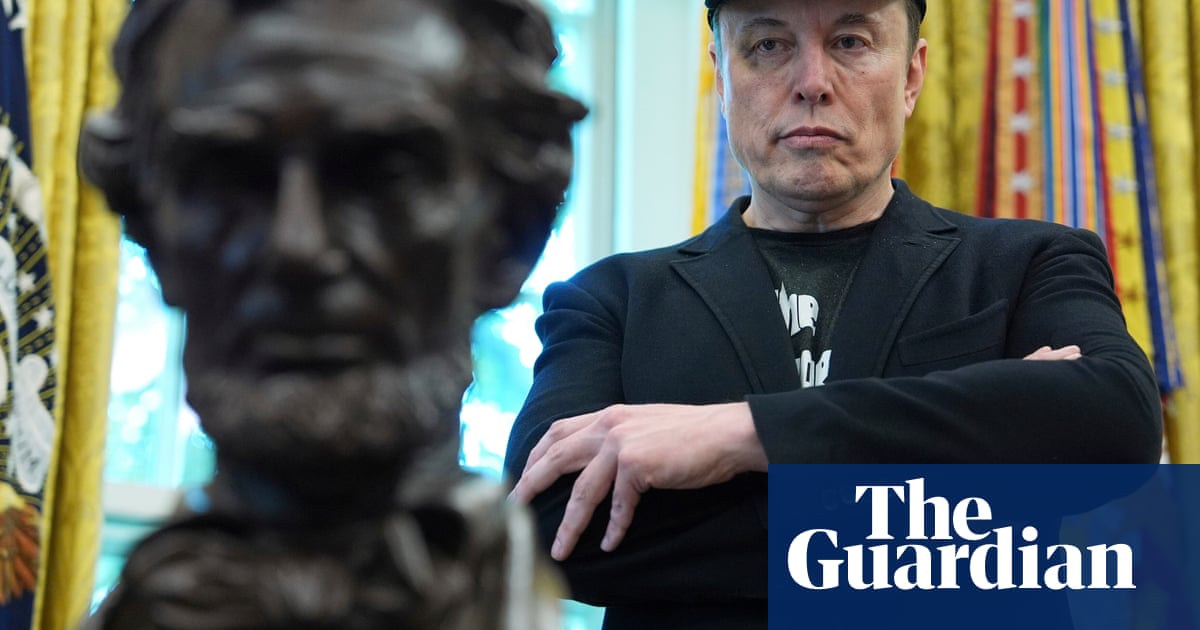President Donald Trump’s disruptive trade policies are threatening to alienate a significant tranche of his own voters, a major red flag for Republicans going into 2026.
A new POLITICO-Public First poll conducted last month found between a quarter and nearly half of people who voted for Trump in 2024 have doubts about various elements of his tariff policies, especially around his approach to China.
Just half of Trump voters surveyed believe his tariffs on the world’s second-largest economy would benefit American companies — a core premise of the president’s protectionist trade agenda.
The survey is a warning sign for Republicans, given how much the president has focused on trade and the promises he’s made to bring industries back to the U.S. Trump has also reignited global trade tensions in recent days, firing off a series of combative tariff letters to other nations threatening to impose significant new tariff rates on them.
Even before those moves, the mid-June poll shows, Trump faced the risk of losing supporters over his tariff moves. He promised to bring down the cost of goods as part of his 2024 campaign, but the uncertainty surrounding Trump’s trade wars risks upending the global economy and driving up inflation after a long stretch of hounding former President Joe Biden over the issue.
About 1 in 4 self-identified 2024 Trump voters, for example, said last month that the president’s tariffs are hurting the United States' ability to negotiate better trade deals with other countries. They're also evenly divided on whether Trump should have the ability to unilaterally impose tariffs on other countries in the first place, with 45 percent saying he should and 44 percent saying he should get approval from Congress.
Trump has threatened to impose another round of tariffs on Aug. 1, and has already begun dictating new levies to trading partners in letters released on Truth Social, the social media platform the president owns.
He has promised that the tariffs will bring “big money” to America, and while the tariffs he has raised on imports like steel, aluminum and auto parts, as well as a baseline 10 percent duty on all foreign goods, have brought in billions of dollars, they are paid for by the companies and individuals importing the goods — costs many companies pass onto their consumers.
Just under half of Trump voters, 46 percent, said they support tariffs on China “even if it increases prices at home.” One-third of his voters, 32 percent, only support the tariffs if it doesn’t increase prices, while 9 percent said they oppose tariffs on China and 13 percent weren’t sure.
Trump has focused on China as a top economic rival, and Americans of all political persuasions view the country as one of the U.S.’s most important trading partners. A 34 percent plurality in the poll — including a 30 percent plurality of self-identified Trump 2024 voters — said China when asked which single country is a “top priority” for the U.S. to have a good trade relationship with.
But Trump voters in particular are divided on his tariffs on China and the path forward.
While about half of Trump voters said his tariffs on China tend to benefit American companies, a sizable minority — 25 percent — of them said Trump’s China tariffs hurt American companies. Those remaining either said the policies had no impact or they were unsure.
Trump voters broadly voice support for his efforts with China, but one threat is clear: They don’t want prices to go up because of it.
Though many economists have warned the trade war will lead to an increase in the price of goods for U.S. consumers, most have yet to feel a significant impact on their wallets — which the Trump administration has argued is proof that tariffs are ultimately beneficial.
Still, the prices of some goods have increased as a result of the tariffs. The cost of major appliances, many imported from China, rose 4 percent between April and May under the first round of tariffs imposed by Trump while some retailers have cited tariffs as the reason for price hikes for goods like footwear or toys.
Trump’s hardline approach to trade with China has drawn increased scrutiny and criticism for some time, though mainly from Democrats. Democrats have warned that the tariffs will only impact America’s working class, including farmers and those in the auto industry, by ultimately raising prices on everyday goods.
But Trump’s voters do still trust him to ultimately get a deal done with China.
Fifty-five percent of Trump 2024 voters said it “will be difficult” to get a deal done with China, although they expect “Trump will be able to do it,” with 18 percent suggesting it won’t be difficult to get a deal done. Just 12 percent of his 2024 backers said he wouldn’t get it done — compared to a 47 percent plurality of people who voted for former Vice President Kamala Harris.
Democratic voters are much more uniformly opposed to Trump’s tariff regime. In the survey, 86 percent of those who said they voted for Harris last year said Trump’s tariffs are hurting the U.S.’s efforts to negotiate better trade deals with other countries.
The poll was conducted by the U.K.-based firm Public First from June 10-20, surveying 2,276 American adults online. It has an overall margin of error of 2 percent, and 3 percent where questions were shown to half the sample to avoid prompting; results for Trump voters, as a smaller subgroup, have a margin of error of 5 percent.

 German (DE)
German (DE)  English (US)
English (US)  Spanish (ES)
Spanish (ES)  French (FR)
French (FR)  Hindi (IN)
Hindi (IN)  Italian (IT)
Italian (IT)  Russian (RU)
Russian (RU) 























Comments